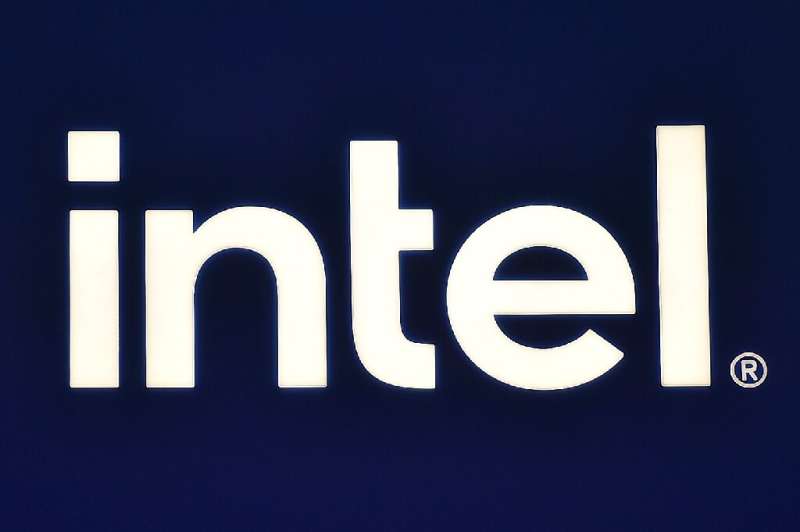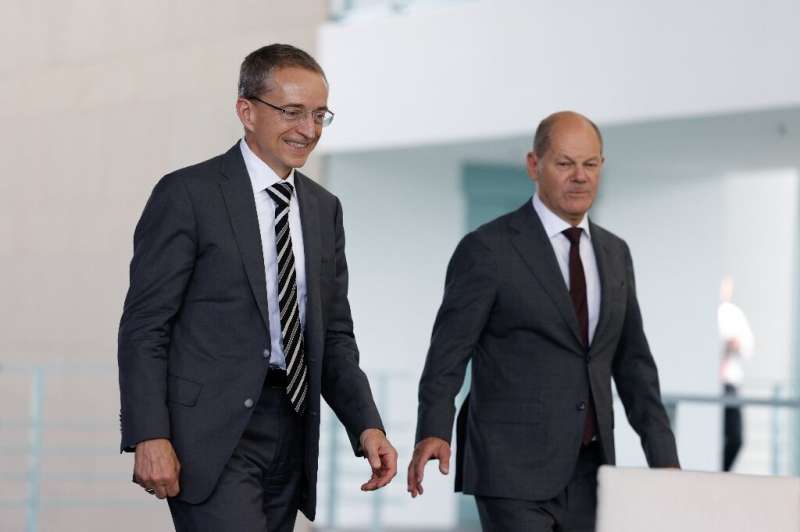Berlin, Intel strike controversial chip plant subsidy deal

Berlin agreed Monday to grant US chip giant Intel subsidies totalling almost a third of the cost of a 30-billion-euro ($32.7-billion) German plant in a controversial decision following a months-long row.
Government sources told AFP that Berlin would provide 9.9 billion euros to support the project in the eastern city of Magdeburg, up from a figure of 6.8 billion originally agreed.
Intel unveiled the mammoth project, the centerpiece of a European investment drive, in March last year.
The EU is seeking to boost production of semiconductors, used in everything from fighter jets to smartphones, and reduce reliance on Asia after pandemic-induced shortages hit some industries, and Russia’s war on Ukraine brought home the risks of over-dependency.
Construction work on the Intel project was due to begin in the first half of this year but it stalled after the Ukraine war sent inflation soaring.
German officials and the company were then locked in talks for months, but both sides finally signed a deal Monday, which included the increased subsidies.
The project, now projected to cost a total of 30 billion euros, had originally been expected to cost 17 billion, the government sources said.
Chancellor Olaf Scholz, at a signing ceremony with Intel CEO Pat Gelsinger, hailed the agreement as “the single largest foreign direct investment in German history”.
It represents “an important step for Germany as a high-tech production location—and for our resilience,” he said.
‘Unbelievable’ subsidies
Gelsinger said the project would help forge a “balanced and resilient supply chain for Europe”.
The project will involve two semiconductor manufacturing sites, with the first to enter production in four to five years.

It is expected to create 3,000 permanent high-tech jobs at Intel, and tens of thousands of additional jobs across the industry ecosystem, the company said.
Under the new agreement, Intel will deploy more advanced technology at the sites than originally planned.
The huge state support has proved controversial in Germany, however, with newspaper Sueddeutsche Zeitsung criticizing the “unbelievable amount of subsidies”.
“Of the planned total investment of 30 billion euros, almost ten billion, or one third, will come from the taxpayer,” it said in a commentary.
“The state subsidizes every new job with one million euros.”
Clemens Fuest, who heads economic institute Ifo, also called the subsidy “questionable”.
Delivery risks are part and parcel of business life, and 10 billion is a very high premium to pay as an “insurance” to ensure supply, he said.
Asked earlier this year about delays to the project, Intel had cited growing geopolitical challenges, declining semiconductor demand and rising costs, from construction materials to energy.
The German plant is the centerpiece of a sweeping European investment push by Intel totalling tens of billions of euros and encompassing the entire chip production process, from the research to manufacturing and packaging.
Last week, the firm—which dominates the market for PC chips—announced it will invest up to $4.6 billion to build a new site in Poland, creating around 2,000 jobs.
With its “Chips Act”, the EU is aiming to double the bloc’s share of global semiconductor production to 20 percent by 2030, and mobilize more than 43 billion euros in public and private investments.
It also seeking to counter huge subsidies on offer in the United States, which is also trying to boost domestic chip production.
© 2023 AFP
Citation:
Berlin, Intel strike controversial chip plant subsidy deal (2023, June 19)
retrieved 19 June 2023
from https://techxplore.com/news/2023-06-berlin-intel-controversial-chip-subsidy.html
This document is subject to copyright. Apart from any fair dealing for the purpose of private study or research, no
part may be reproduced without the written permission. The content is provided for information purposes only.
For all the latest business News Click Here

